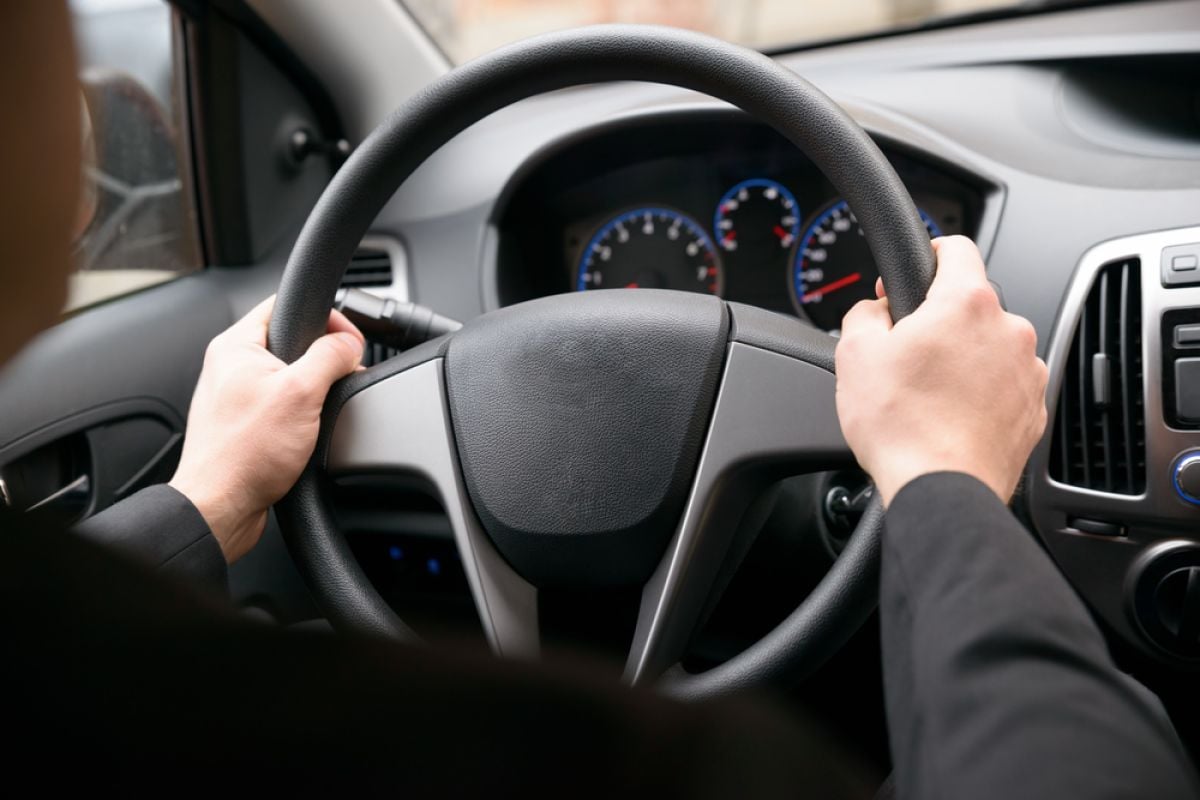
This immense country, with its diverse landscapes, is an invitation to travel. Even if domestic flights are not expensive, the best way to travel around South Africa is by car. As in all countries, there are road regulations to bear in mind, but it is also important to know that South Africans drive on the left side of the road.
How to exchange your driver's license in South Africa
If you are a permanent resident, the license from your country of origin is valid for 5 years from the date of obtaining the resident license. You will then have to exchange your original driver's license for a South African one. To do so, you will have to go to the Licensing Department of the province where the resident permit was obtained with the following documents:
- Completed application form
- Passport
- original driver's license
- Permanent resident permit
- Proof of non-residence in South Africa when obtaining the driving license.
- English translation of the original license (by a sworn translator).
- Recent Restricted Information Record (RIR) translated into English (by a sworn translator) and stamped by the Consulate. It is possible to request the RIR by mail. To do so, simply download and fill out the form and send it along with the requested documents to the driver's license department of the relevant Prefecture.
Once the application is complete, the examination center will conduct an eye test and issue the license.
Getting a driver's license in South Africa
The driving license is granted at 18 years old, but it is possible to practice accompanied driving from 17 years old on the condition of having obtained the Learner's License after the driving test. The steps to take are:
- Go to the nearest Traffic Department with your passport, 2 passport photos and 100 Rands.
- Apply for a Traffic Registration Number which is the official permission from the Government to start driving.
- Take the vision test.
You will be given the date and place of the driving test.
On the day of the driving test, you will have to go to your Testing Station with your passport. If you pass the test, you will be given your Learning License, which is valid for 2 years.
For the driving test, make an appointment at a Driving Testing Center with your Learner License, 4 passport photos, proof of residence and 300 Rands.
If you pass the driving test, you will receive a notification that your license is ready.
The road network in South Africa
The network of main and secondary roads is in good condition. It is easy to move from one end of the country to the other. Some main roads have tolls, but the rates are much lower than those for freeways in France. In rural areas, infrastructure is less well maintained and sometimes not paved.
Basic driving rules in South Africa
Wearing a seatbelt is mandatory.
It is forbidden to use a telephone while driving. A hands-free kit is allowed.
The speed limit is 120 km/h on the highways, 100 km/h on the secondary roads and 60 km/h in town. Speed cameras are numerous, and fines are expensive. The speed limit in national parks is generally 30 km/h.
The authorized blood alcohol level is 0.5 mg/ml. The controls are not very frequent, but in the case of positive control, expect spending the night at the police station and a heavy fine.
South African driving particularities
South African driving has some peculiarities:
The 4-stop intersection may seem confusing, but the rule is that everyone stops, and the first one to arrive is the first to pass.
On major roads, people trying to pass you wait for you to pull out onto the hard shoulder to make it easier for them to pass.
Headlight calls warn of police or danger, and hazard lights are used as a thank you.
Safety tips for driving in South Africa
Avoid driving at night, especially in rural areas.
Lock yourself in your car.
Always keep the windows closed.
Never leave bags or valuables in plain sight.
If you are driving at night, avoid stopping at red lights but make sure the way is clear.
Parking in South Africa
Most parking lots in South Africa are monitored. Street or supermarket parking lots are guarded by informal guards, who watch over vehicles for a few Rands. Paid parking lots are guarded by an officer who will give you a ticket, and parking is charged by the hour.
Good to know:
It is forbidden to park on a solid yellow line and to stop on a solid red line.
Service stations in South Africa
Most of them are open 7 days a week and 24 hours a day. A pump attendant will serve you and systematically clean your windshield. It is customary to give him a tip.
Car rental in South Africa
The car rental network in South Africa is very extensive, and all the major brands are represented.
A credit card in the name of the main driver is required to rent a car.
A deposit is usually taken automatically. It is, therefore, necessary to be very vigilant when picking up the vehicle and to check the condition of the vehicle, as some agencies have difficulty returning the full deposit.
To rent a car in South Africa, you must be over 18 years old and have had your driver's license for at least two years. A young driver's tax may be required for drivers under 25 years old.
The international license is not mandatory, but you will need an English translation of your original license (done by a sworn translator and referenced by the Consulate General) if it's not in English.
We do our best to provide accurate and up to date information. However, if you have noticed any inaccuracies in this article, please let us know in the comments section below.








